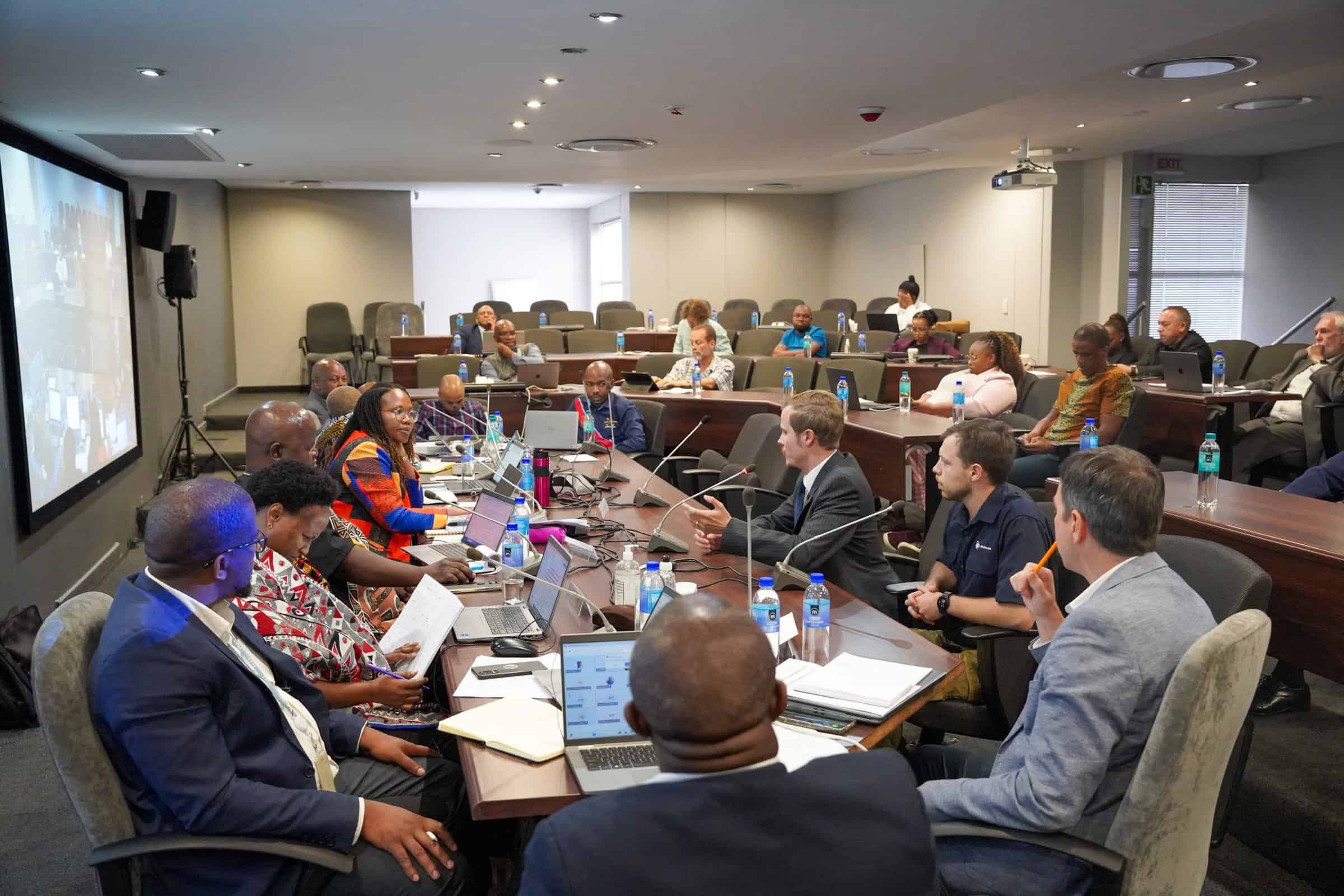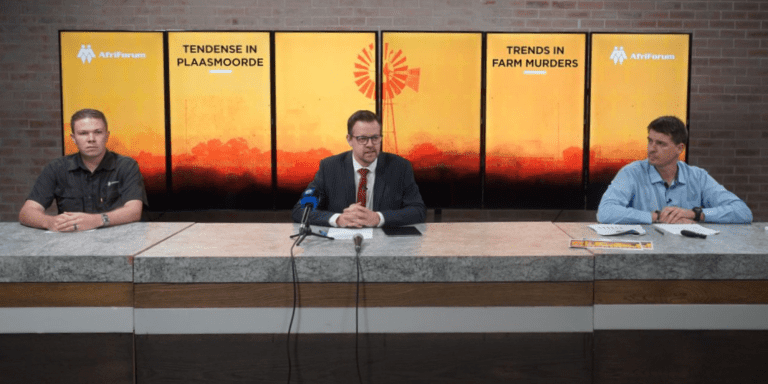AfriForum gives farmers and rural communities a voice regarding Starlink at ICASA public hearings
The civil rights organisation AfriForum today took part in public hearings conducted by the Independent Communications Authority of South Africa (ICASA) regarding proposed new licensing framework for satellite services. In his oral presentation, Ernst van Zyl, focused on the benefits farmers and rural communities stand to gain from getting access to Starlink, as well as outlining why blocking these potential benefits on racial grounds is unjustifiable.
In September 2024, AfriForum submitted written comments to ICASA in which the organisation called on ICASA to drop its strict race criteria that is currently blocking the granting of a South African license to the satellite internet service Starlink.
Some of the facts AfriForum submitted today include:
- Just over 10% of South African households have access to the internet at home. While about 17% of metropolitan households have home access to the internet, only 1.7% of rural households have this same luxury. Rural households in Limpopo had the lowest percentage of access with only 0.6%, followed close behind by the Northwest province with an abysmal 0.8%.
- The improved communication capabilities enabled by Starlink would greatly assist in crime prevention and crime response times. An added complication is the fact that during loadshedding cell phone reception becomes weak or disappears due to the theft of cell phone tower batteries. Starlink availability would enable better response times for emergency services, as well as improve the communication capabilities of community safety structures.
- Rural South Africa has a dire lack of healthcare infrastructure, and access to quality medical services is fraught with challenges. Having access to Starlink will make it possible for patients in remote areas to contact healthcare professionals far way. The telemedicine consultations and diagnoses that Starlink makes possible could save many lives, seeing as it cancels out the long travel times currently associated with these for many.
- The primary beneficiaries of Starlink’s services in rural areas would be schools and farms. The online schooling or home schooling that Starlink enables would be a welcome alternative to post-based education or having to attend school 100s of kilometres away. Existing schools in rural communities would benefit greatly from reliable internet access. Online educational and research resources will also be made available to students and teachers in these remote schools.
- On the business side of agriculture, access to Starlink could be a game-changer in how it facilitates the latest automating agricultural technologies through the extensive connectivity coverage it enables for farms. Through this technology, even the most isolated farmers and rural businesses gain the opportunity to communicate with others in their industry, buy and sell through online platforms, and expand their market reach.
According to Ernst van Zyl, Head of Public Relations at AfriForum, while some who live in urban areas are quick to downplay – mostly on social media, ironically – the potential benefits of Starlink, the data paints a stark picture.
“While there currently exists an internet access canyon between rural and urban South Africa, satellite-based technology such as Starlink provides the logical bridge. In 2025, South Africa is the only country out of its neighbours to not have Starlink or a Starlink launch date. A stunning example of a bitter harvest,” Van Zyl concludes.
AfriForum has launched a website where people can put their support behind the organisation in this campaign: www.unblockstarlink.co.za.











